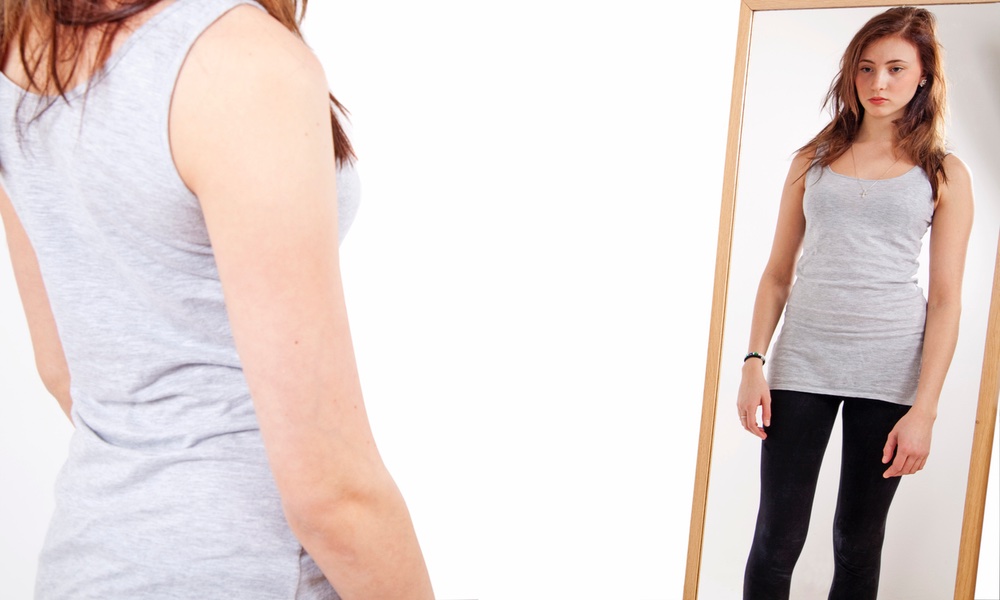One in three American adults and one in six American children are overweight to the point of being considered obese. Obesity is defined as a Body Mass index (BMI) of 30 or higher, and is characterized by an abnormal or excessive accumulation of fat that poses additional health risks. Obesity increases one’s risk of heart disease, stroke, diabetes, and dozens of other chronic as well as acute conditions.
Current therapies to treat obesity such as restrictive dieting and extreme exercise regimens have generally not been found to be sustainable. Other treatments like bariatric weight-loss surgeries may be inaccessible or even undesirable due to their high cost and the health risks posed.
Embarking on a weight loss journey is best done with a positive attitude about one’s body and self. After all, why take care of something you hate? Body positivity has been a growing movement in recent years, encouraging people to love and accept their bodies as they are. This doesn’t mean forsaking healthy eating and movement habits, but rather a knowledge that we can always start where we are on the road to better health.Mirror gazing was found to help people develop more realistic and positive images of their bodies, and evaluate their progress and commitment to diet and movement routines.
Researchers at Texas Woman's University investigated how mirror exposure affected exercise levels, eating habits and the psychology of obese people by doing a meta-analysis of the results of five previous studies. The studies were published between 2006 and 2020 and involved between 16 and 941 patients.
Instead of bringing on feelings of body-related dread, gazing in the mirror actually decreased anxiety and increased body satisfaction. Mirror gazing was found to help people develop more realistic and positive images of their bodies, and evaluate their progress and commitment to diet and movement routines.The effects of mirror exposure on your weight loss journey may be subtle yet profound.
“Self-assessment and reflection are key to overall well-being,” said lead author, Harriet Omondi, in a statement. “Our review hopes to introduce the mirror as a healthcare tool to combat obesity.”
If you would like to try mirror exposure, start by spending only a minute or so looking at yourself in a full-length mirror. Keep it short at first. Despite the treatment’s simplicity, it may be hard or feel unnatural for some people to look at themselves for that long in the mirror. Slowly work up to gazing in the mirror for up to three minutes at a time. The effects of mirror exposure on your weight loss journey may be subtle yet profound.
The study is published in the Journal of Clinical Nursing.





